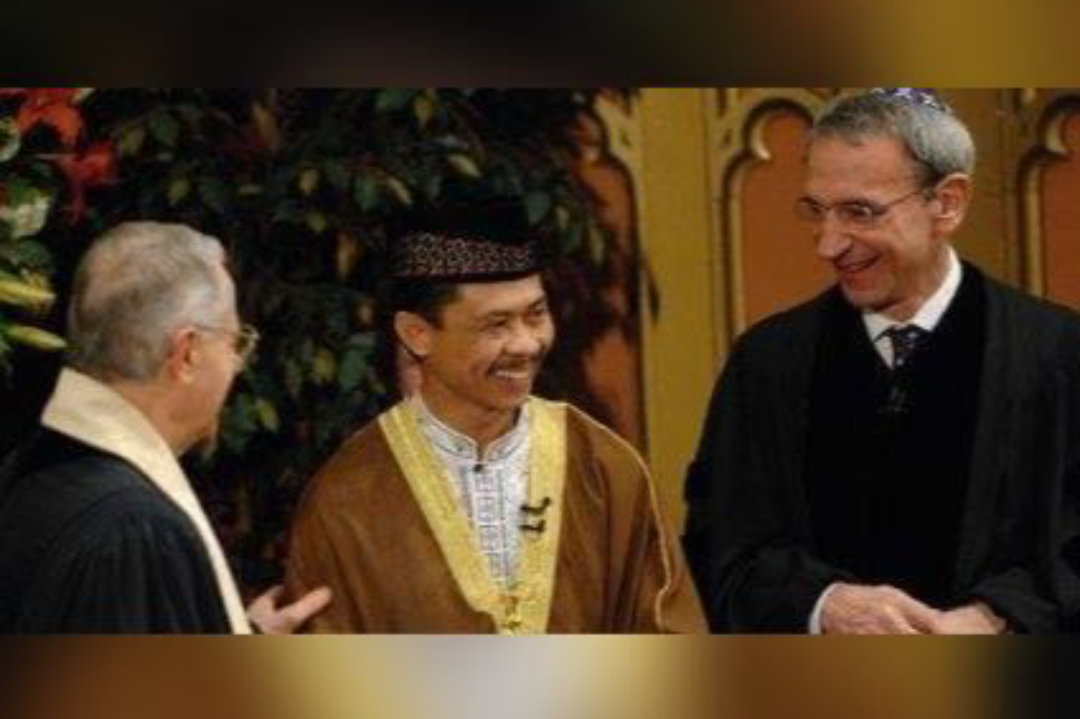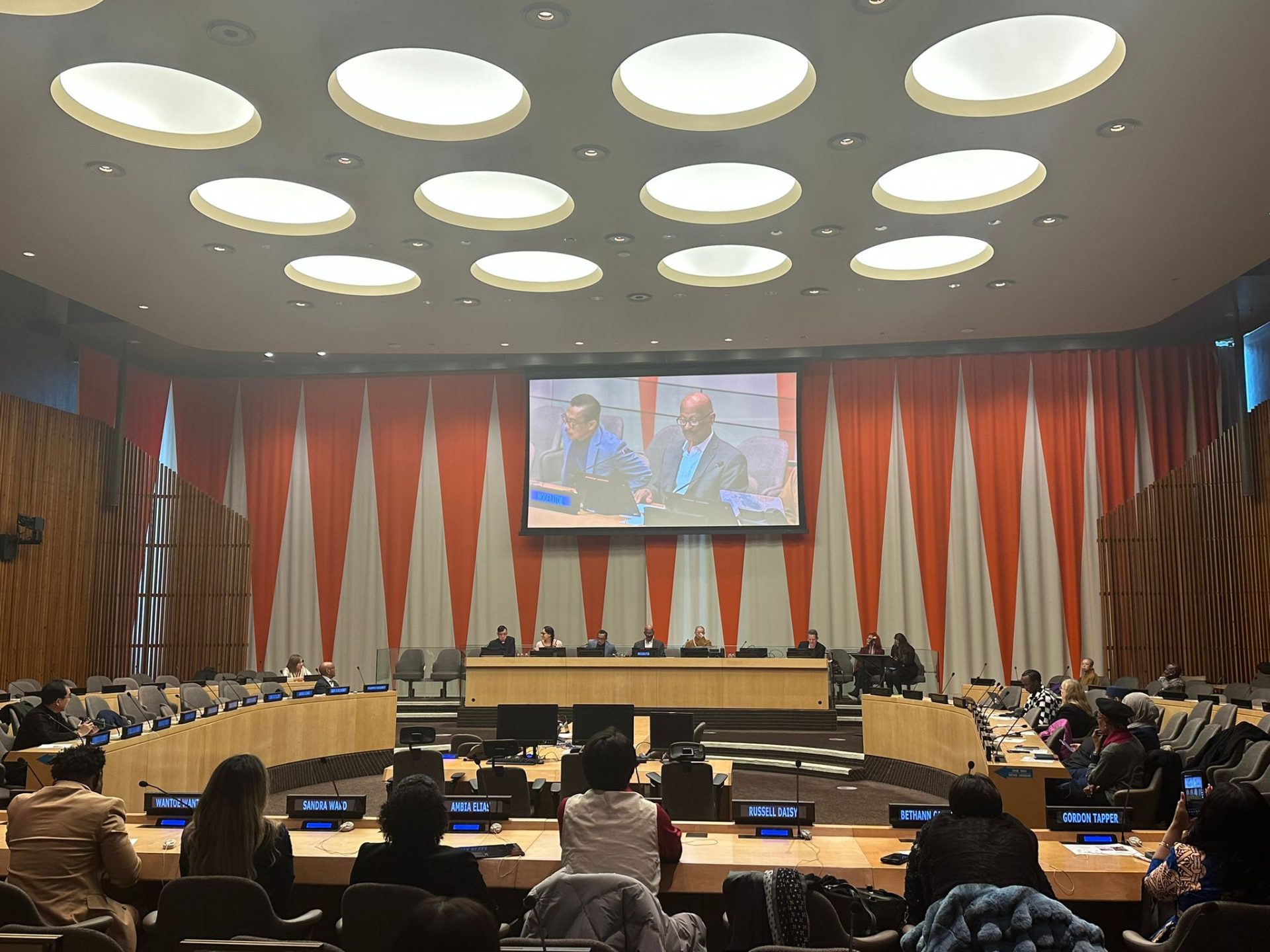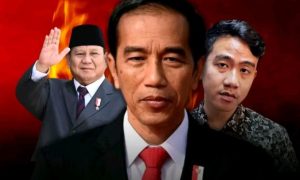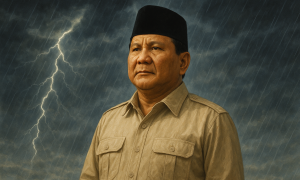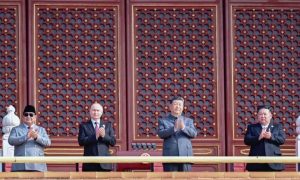Nusantarakini.com, New York –
Ibn Abbas, a young companion of the Prophet and a renowned narrator of the Prophet’s Hadiths, narrated that a few years after the Prophet’s arrival in Madinah, he discovered that the Jewish community was observing a fast on the tenth day of Muharram. Intrigued, he asked them why they observed this fast.
The Jewish community responded: “This day is significant. It is the day when Allah, God Almighty, saved Moses from Pharaoh, letting Pharaoh drown. Moses fasted on this day to express his gratitude to Allah.” Upon hearing this, the Prophet responded, “We have a right to venerate Moses too,” and asked his followers to observe a fast on the same day.
In those times, this practice among the Jews was known as “Asho’r,” which means “the tenth,” referring to the tenth day of Muharram. The fast that Prophet Muhammad (pbuh) observed and recommended for his Ummah is similarly known as “Youm Ashuura,” or “the day of Ashura,” which also translates to “the Tenth Day” (of Muharram).
Today, Jewish people continue this tradition of observance, celebrating a holiday known as “Yom Kippur,” which means “The Day of Atonement” or “the Day of Forgiveness.”
Yom Kippur bears relevance to Islamic tradition as well. Indeed, both the words “yom” and “kippur” are similar to the Arabic words “يوم” and “كفارة,” which mean “day of expiation,” a term synonymous with forgiveness.
This is echoed in Prophet Muhammad’s Hadith: “Whoever fasts on the Day of Ashura, Allah will forgive their sins for the past year.”
Thus, both Yom Kippur and the promise of forgiveness for those who fast during the Day of Ashura are inherently connected.
However, in the Islamic understanding, this tradition is not limited to the history of Moses. It is also relevant to the day when Adam (pbuh) was sent to this world and the day when Allah forgave him, the day Noah was saved from the flood, the day Abraham (pbuh) was saved from fire, and several other significant events.
A common question is why these two traditions are so similar. Did Islam borrow from the teachings of others?
The answer is clear. Islam is not a new religion. It wasn’t innovated or started by Muhammad (pbuh); rather, it is believed to be the teaching that has been given to all of mankind from Adam, Noah, Abraham, Moses, Jesus, and finally Muhammad (peace be upon all of them). These teachings will continue to guide mankind until the Last Day.
In essence, both traditions attest to the fact that Islam is a religion that acknowledges and connects all traditions. We, as Muslims, are only truly accepted when we recognize all prophets/messengers (rasul) and their messages (kutub). Hence, when the Prophet heard that Moses fasted on the Day of Ashura to thank Allah, he accepted and adopted this tradition (sunnah) without hesitation.
Prophet Muhammad’s decision to include Ashura fasting in his teachings (sunnah) is a clear demonstration of inclusion, fairness, and tolerance, contradicting the widespread belief that Islam is exclusive and closed off. Islam embraces truth wherever it may come from, because the ultimate source of truth is the One. This action by the Prophet showcases an act of tolerance without violating the principles of his own tradition and faith.
May Allah accept and bless us all. [mc]
*Imam Shamsi Ali, President of Nusantara Foundation.

